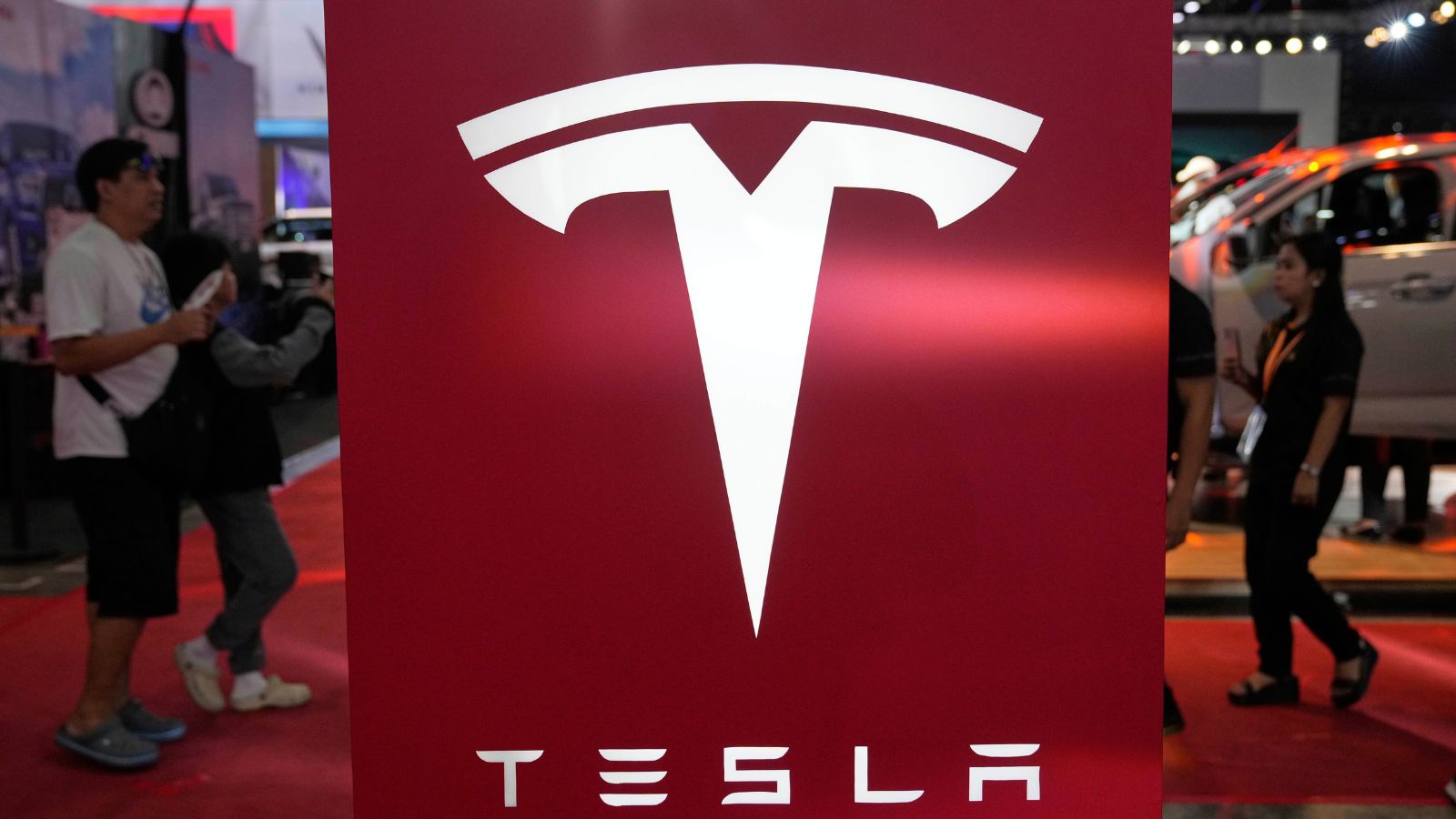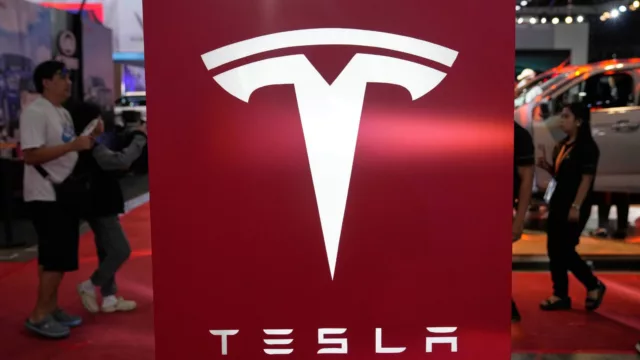
The Trump administration has announced sweeping regulatory changes aimed at giving US automakers, including Tesla, more freedom to test and deploy self-driving vehicles, as the country competes with China for dominance in autonomous driving technology.
The new measures, outlined by the US Department of Transportation and the National Highway Traffic Safety Administration (NHTSA) on Thursday, will allow companies developing autonomous vehicles to apply for exemptions from certain federal safety standards.
These exemptions are limited to non-commercial uses such as research and demonstrations.
“We’re in a race with China to out-innovate, and the stakes couldn’t be higher,” said US Transportation Secretary Sean Duffy in a statement. “Our new framework will slash red tape and move us closer to a single national standard.”
Streamline crash reporting
The agency also said it will streamline crash reporting rules that have drawn repeated criticism from Tesla CEO Elon Musk. While the obligation to report incidents remains in place, NHTSA said it is removing “unnecessary and duplicative” requirements to sharpen the focus on critical safety information.
The changes are among the most significant to federal rules on autonomous vehicles in years, and they fulfill several long-standing demands from Tesla. The electric vehicle maker has faced challenges navigating a patchwork of state and city regulations that Musk has argued hinders the scale and profitability of self-driving technology.
Musk has been especially vocal about what he considers overly burdensome crash reporting rules, which have triggered multiple investigations into Tesla’s Autopilot and “Full Self-Driving” (FSD) software. According to the Financial Times, NHTSA currently has eight open probes involving Tesla crashes, five of which relate to the capabilities of its self-driving systems.
Story continues below this ad
Despite the name, Tesla’s FSD still requires a human driver to remain attentive and ready to take control — unlike Google’s Waymo, which operates fully autonomous taxis.
Competition from China
The regulatory shift comes a day after Musk confirmed Tesla would begin rolling out self-driving “Cybercabs” in Austin, Texas, this June — models without steering wheels or pedals, relying entirely on automation. For deployment, Tesla will need to secure regulatory exemptions from NHTSA, which have so far only been granted to one startup.
Tesla faces growing competition from Chinese automaker BYD, which launched a free advanced self-driving system, “God’s Eye,” in February. Musk is also reportedly seeking approvals to expand deployment of FSD in China, though the process has been complicated by ongoing US-China trade tensions.
(With inputs from AP, Financial Times)
© IE Online Media Services Pvt Ltd









